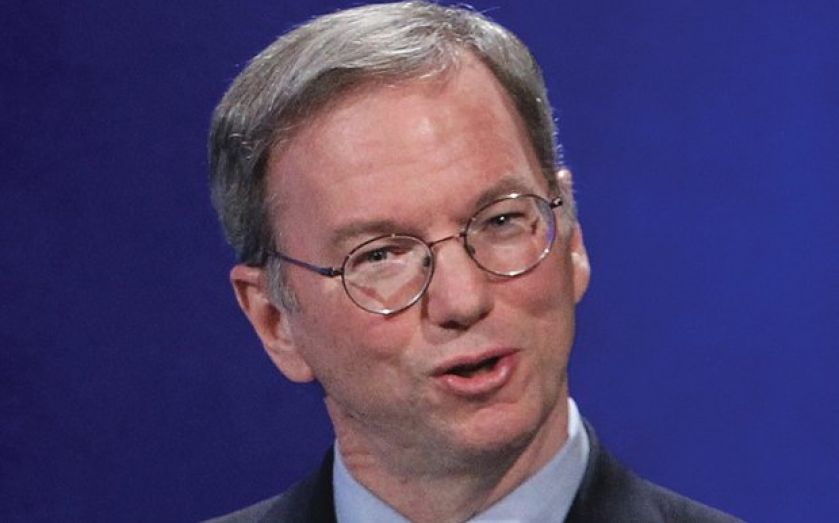| Updated:
Four of the best business books released in 2014

From the digital economy to Richard Branson, Liam Ward-Proud lists this year’s top reads.
It's been a bumper year so far for business reads, with releases from the likes of Virgin founder Richard Branson, as well as several books tracing crucial trends in the fast-changing global economy. With judging panels due to start drawing up shortlists for the big prizes next month, here are a few of our picks from 2014.
THE SECOND MACHINE AGE – ERIK BRYNJOLFSSON AND ANDREW MCAFEE
Scores of notable economists have argued in recent years that developed economies are on the cusp of a period of far slower growth. We face ageing populations (in the West at least), and have exhausted most of the low-hanging fruits of innovation. Brynjolfsson and McAfee disagree. The pieces are just about in place for a growth surge, they argue, as we finally realise the true economic potential of the digital age. Drawing on their work at the MIT Center for Digital Business, the authors point to artificial intelligence, exponential increases in computing power, and extensive networks of connected devices as examples of technologies set to radically change the world for the better.
HOW GOOGLE WORKS – ERIC SCHMIDT, JONATHAN ROSENBERG, ALAN EAGLE
The inner workings of Google have long been a mystery to the outside world. Schmidt (Google’s former chief executive and current executive chairman) and Rosenberg (adviser to founder Larry Page) claim to throw open the curtains. In reality, plenty remains hidden – they haven’t so much opened the curtains as gently parted them a few inches. There are some great stories, including the firm’s ill-fated expansion into China, which was marred by tension with the government, and plenty of tips on managing “smart creatives”. The book doesn’t live up to its title, but is worth reading nonetheless.
THE VIRGIN WAY – RICHARD BRANSON
Richard Branson is surely the UK’s most iconic entrepreneur, and his latest book is almost a personal manifesto on leadership (interspersed with anecdotes from the building of Virgin). It’s safe to say that it won’t be winning any prizes – the lessons often come across as fairly obvious, and they aren’t always connected together very well. But what the book lacks in fresh insights, it makes up for by leaving the reader suitably inspired to have a go at founding their own Virgin.
THE ZERO MARGINAL COST SOCIETY – JEREMY RIFKIN
Looking at some of the same topics as Brynjolfsson and McAfee, Rifkin asks radically different questions. What happens to capitalism when the marginal cost of a product is effectively zero? Downloading a song from iTunes, taking university modules through Massive Open Online Courses (Moocs), using a 3D printer to produce your own personalised products – once the infrastructure and technology is in place, these goods cost effectively nothing. How can firms be incentivised to invest if they aren’t confident of having any profit margins in the future? Should more early-stage monopolies be allowed to rectify this? Rifkin’s answers aren’t always convincing – his discussion of entropy in the modern economy won’t pass muster with anyone familiar with Hayek – but the issues he tackles always feel timely and of critical importance.
Clean up your inbox
Free
Fed up of wading through junk messages and endless newsletters to find the emails you actually need? Who isn’t? Webapp Unroll.me allows you to bring some organisation to your inbox. It automatically organises your subscriptions, making it easy to keep receiving the ones you want and to unsubscribe from the ones you don’t (even if they don’t have a clear button to unsubscribe). Its interface is mobile-friendly, meaning you can keep on top of things on the move.